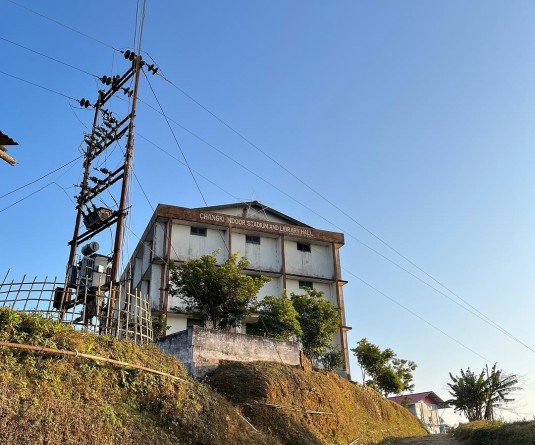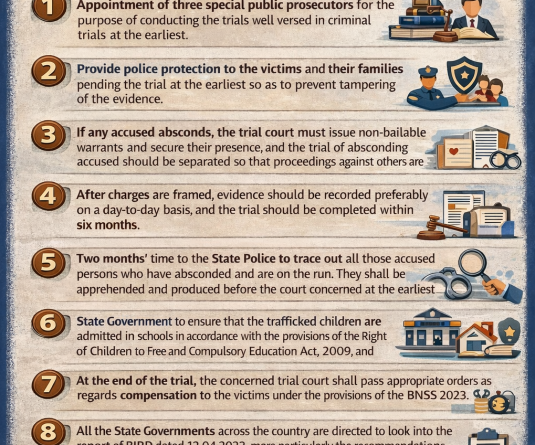
DIMAPUR, JANUARY 11 (MExN): The NPNG/NNC (Non Accord) today cautioned that the recent policy of erecting international border fencing by the governments of India and Burma will create “more disastrous division among the Nagas.”
A press note from the NPGN/NNC (NA) said that the Treaty of Yandabo of 1826 signed between British Indian government and the Burmese Kingdom is “totally against the International law which gives legitimate right to entire nationals for self determination and territorial integrity.”
It lamented that divide and rule policy has badly affected the Naga land owners. This policy it stated has been continued by the Government of India as it erected “imaginary boundary fencing much against the aspiration and legitimate right of the land owners in 1973, without consulting the Nagas.”
The NPNG/NNC (NA) said that this is an act that violates human rights. It reminded that the Nagas did not make any treaty/agreement with the British India Government nor with the Burmese Kingdom at any point of time. “Therefore no country has any legitimate right to occupy or divide the Naga ancestral territories,” it added.
“Naga political groups and entire bonafide Naga citizens vehemently condemn the proposal for the said project and we shall never allow any foreigners to interfere nor subjugate the rights of Nagas,” it asserted.
The NPNG/NNC (NA) said that it is fully committed to protect Naga ancestral land and shall not compromise with any anti-Naga policy.
The Indo-Myanmar boundary issue, it said, has inflicted great division among the entire Naga community and violates “international human rights.”
It further pointed to International Legal Law Framework Article 1 and 55 and UN charter regarding development of friendly relation among nations based on respect for principle of equal right and self determination of people; the International Covenant of 1966 and the UN General Assembly resolution 2644 (XXV) which gives legitimacy to the struggle of people for independence, territorial integrity, national unity, liberation from colonial power, foreign domination foreign occupation and armed struggle; and the UN General Assembly Resolution No. 1542 (XV) recognizing that desire for independence is the rightful aspiration of the people under colonial subjugation.
The NPNG/NNC (NA) said that the governments of India and Myanmar should respect the Nagas right and international law, and not take any step that would create division within the Naga families. They should instead promote universal peace and unity, it hoped.
It however cautioned that the Nagas would not tolerate any forceful act done by foreigners to divide the Nagas and “shall fight for the integrity of Nagas and their land which is the birthright of Nagas inherited from time immemorial.”





